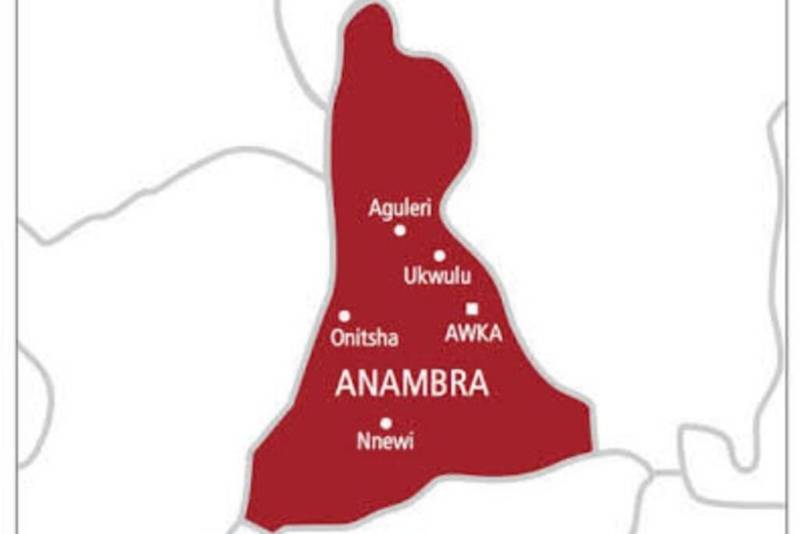By Ifeoma Ejiofor, Nnewi
Justice Development Peace Caritas (JDPC) of Nnewi Catholic Diocese is partnering with Ward Development Committees (WDCs), the officers in charge of Primary Health Centres and others on Strengthening Public Accountability for Results and Knowledge (SPARK 11).
On the first day, Nnewi South, Ekwusigo, Orumba North and three primary health center participated in the strengthening public accountability for results and knowledge (SPARK 2)
On the second day, Ihiala, Orumba South and Aguata LGAs and four health centers participated in the empowerment training program.
The venue for the program was Nnewi North LGA Hall in Nnewi.
The capacity strengthening session organized under the Strengthening public Accountability for Results and knowledge (SPARK 11) project, supported by International Budget Partnership (IBP) and implemented in Collaboration with the community and Empowerment Network (COMEN) and the Civil Right concern(CRC).
In his speech, Rev Fr Benedict China Okolo, Director, JDPC Nnewi said that the initiative reflects the shared commitment of the groups to the strengthening the primary Healthcare System in Anambra State.
Rev Fr Okolo identified the maternal and child healthcare as the entry point for broader system and wide improvements.
He noted that the gathering was a vital step in empowering all concerned to confront the realities, leverage the opportunities, and address the challenges within the healthcare system.
“The role of capacity building in this regard cannot be overstated. A System is only as strong as the people who operate it, and today’s session is designed to equip you with the knowledge, tools and strategies needed to navigate complex public Finance Management (PFM) issues.
“In addition, we must address the immunization scares that have recently disrupted trust in our healthcare System. Misconception and fears pose significant threats to the gain we had made.
“As community leaders and health workers, you are uniquely positioned to rebuild trust, dispel misinformation,and foster a mindset shift that prioritizes preventive care, immunization, and collective responsibility for health outcomes.
“The challenges we face whether in funding, system inefficiencies, or societal resistance are undeniable. However, so are opportunities. Anambra has the potential to be a model for other states in Nigeria, demonstrating how effective collaboration, capacity building, and community ownership can transform healthcare delivery,” Rev Fr Okolo asserted.



